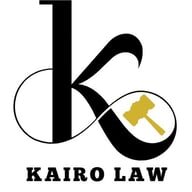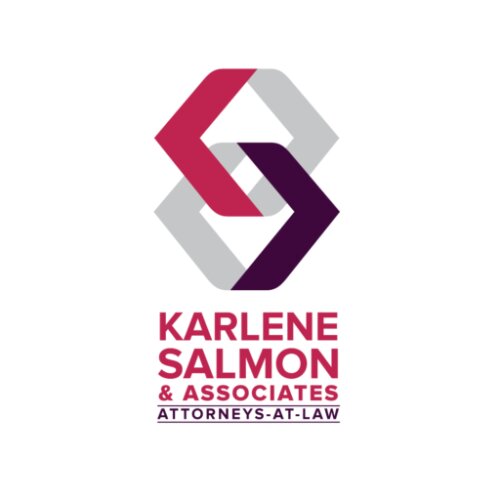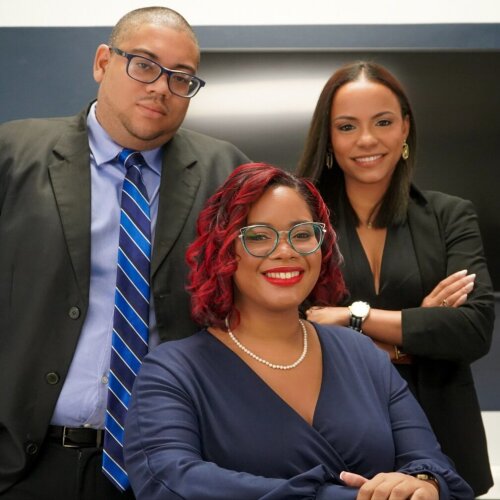Best Foreclosure Lawyers in Jamaica
Share your needs with us, get contacted by law firms.
Free. Takes 2 min.
Free Guide to Hiring a Real Estate Lawyer
Or refine your search by selecting a city:
List of the best lawyers in Jamaica
About Foreclosure Law in Jamaica
Foreclosure in Jamaica is a legal process through which a lender attempts to recover the balance of a loan from a borrower who has stopped making payments. The lender seeks to take ownership of the property used as the loan's collateral, typically through a public auction. The process is governed by a mix of common law principles and statutory regulations, primarily focusing on the balance between the rights of the lender and the borrower. The Real Property Act and the Conveyancing Act are two of the main legislative instruments that address foreclosure matters in Jamaica.
Why You May Need a Lawyer
There are several situations where individuals may require legal assistance in the realm of foreclosure. If you're a homeowner receiving foreclosure notices from your lender or facing financial difficulties affecting your mortgage payments, legal advice can be invaluable. A lawyer can assist you in understanding your rights and options, potentially helping to negotiate more favorable terms with your lender or exploring alternative solutions such as refinancing or short sale. Additionally, if you're purchasing a foreclosed property, a lawyer can help navigate the complexities of such transactions to ensure that your interests are protected.
Local Laws Overview
Key aspects of local laws relevant to foreclosure in Jamaica include:
- Notification Requirements: Lenders must adhere to specific notification regulations before initiating foreclosure proceedings.
- Redemption Rights: Borrowers may have the right to redeem their property by settling their debt before the completion of the foreclosure sale.
- Judicial vs. Non-Judicial Foreclosure: The process can be carried out either through the court system (judicial) or outside of it (non-judicial), with distinct procedures and requirements for each.
- Eviction Process: After a foreclosure sale, if the former owner or tenants have not vacated the property, a legal process might be necessary to evict them lawfully.
Frequently Asked Questions
What is foreclosure?
Foreclosure is the legal process where a lender aims to recover the loan balance from a borrower who has defaulted by selling the property used as collateral.
How long does the foreclosure process take in Jamaica?
The duration of foreclosure can vary significantly based on factors such as court availability, the type of foreclosure, and any challenges that arise during the process.
Can I stop a foreclosure in Jamaica?
Yes, it is possible to stop a foreclosure if you can negotiate new terms with your lender, refinance, or pay off the debt. Legal intervention may also be beneficial in delaying or halting the process.
What happens after a foreclosure sale?
After a foreclosure sale, the title of the property is transferred to the buyer. If the sale proceeds exceed the outstanding loan balance, the excess may be returned to the borrower.
Are there any alternatives to foreclosure?
Alternatives to foreclosure include loan modification, short sale, deed in lieu of foreclosure, and reinstatement of the loan by catching up on missed payments.
What is a judicial foreclosure?
Judicial foreclosure is a court-supervised process where the lender files a lawsuit to foreclose on the property. It typically involves a longer period and higher costs than non-judicial foreclosure.
What is a non-judicial foreclosure?
Non-judicial foreclosure does not involve court proceedings and follows a set process established by the mortgage agreement or statutory law.
Can I buy a property in foreclosure?
Yes, purchasing foreclosed properties is possible, usually through auctions, but it involves risks and requires due diligence. Legal advice is recommended to navigate these transactions.
What is a deficiency judgment?
A deficiency judgment is a court order that holds the borrower responsible for the remaining balance of the loan if the foreclosure sale does not cover the total owed.
Is lender consent necessary for property auction in foreclosure?
Generally, the lender initiates the foreclosure auction process; thus, their consent is inherently involved in proceeding with the auction.
Additional Resources
For individuals seeking more information or assistance, the following resources may be helpful:
- Ministry of Justice: Offers information on legal rights and resources related to property law.
- Bar Association of Jamaica: Provides referrals to lawyers specializing in foreclosure and property law.
- National Housing Trust: Offers guidance on housing finance and may provide options for those facing foreclosure.
- Consumer Affairs Commission: Can assist with consumer rights related to financial transactions and loans.
Next Steps
If you require legal assistance in foreclosure matters, it is advisable to seek out a qualified attorney who specializes in property and real estate law. Begin by contacting the Jamaican Bar Association for recommendations. It is also beneficial to gather all relevant documents pertaining to your mortgage and communication with your lender to provide a comprehensive overview to your legal counsel. Acting promptly can increase the likelihood of finding a favorable resolution.
Lawzana helps you find the best lawyers and law firms in Jamaica through a curated and pre-screened list of qualified legal professionals. Our platform offers rankings and detailed profiles of attorneys and law firms, allowing you to compare based on practice areas, including Foreclosure, experience, and client feedback.
Each profile includes a description of the firm's areas of practice, client reviews, team members and partners, year of establishment, spoken languages, office locations, contact information, social media presence, and any published articles or resources. Most firms on our platform speak English and are experienced in both local and international legal matters.
Get a quote from top-rated law firms in Jamaica — quickly, securely, and without unnecessary hassle.
Disclaimer:
The information provided on this page is for general informational purposes only and does not constitute legal advice. While we strive to ensure the accuracy and relevance of the content, legal information may change over time, and interpretations of the law can vary. You should always consult with a qualified legal professional for advice specific to your situation.
We disclaim all liability for actions taken or not taken based on the content of this page. If you believe any information is incorrect or outdated, please contact us, and we will review and update it where appropriate.
Browse foreclosure law firms by city in Jamaica
Refine your search by selecting a city.
















